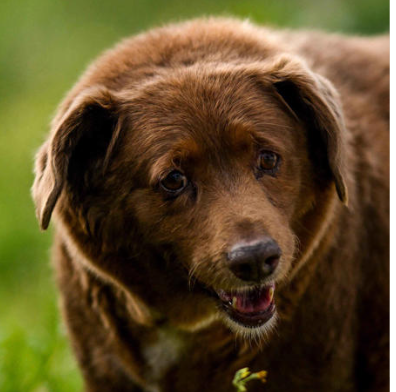
If your dog is prone to biting, you’ll need to take steps to stop him. Biting is often a sign of aggression or fear. The problem can be hard to notice, but signs of problem biting include showing teeth and a rapid retreat. You can also look for tense expressions and rigid body posture.
Biting is a natural reaction for puppies, but it can quickly escalate into a serious problem if left untreated. It’s important to avoid creating an environment that will encourage biting, and instead, focus on positive reinforcement. Try placing your hand in front of your pup’s mouth and rewarding him if he doesn’t bite. Don’t use punishments, though, as this will only set up the dog for failure.
Another way to stop biting is to teach your dog impulse control exercises. For example, if your dog tends to bite your feet, carry a tug toy in your pocket. When your dog ambushes you, stop moving your feet and wave the tug toy. When he grabs the toy, move forward again and praise him for not biting.
A water spray bottle can be a good way to break the habit. Just make sure to set the nozzle to a soft spray and not a jet. You don’t want your puppy to be scared or hurt. Remember that averting a behavior with physical punishment can also teach your dog to hide certain behaviors. This makes it harder to read your dog’s emotions, and it can result in a surprise bite.
If you see your dog nipping on a regular basis, the first thing to do is acclimate it to different people and situations. If your pet is an older dog, you may need to seek a professional trainer. There are three main methods to train a dog to stop biting.
While training your dog to stop biting, you should take your time. A biting dog can cause injury, so it is important not to rush the process. If your dog is enjoying your company, slow down a biting session and let it relax. Try to remember that progress takes time, so be patient and reward your dog for success.
You can also use a taste deterrent to discourage your dog from mouthing. You should give your dog a treat as soon as he stops mouthing. Eventually, your dog will learn to inhibit his mouthy behavior and will not bite. This method is effective if you’re patient and persistent with it.
It’s important to remember that puppies learned to regulate their bite inhibition through littermates. When you separate your puppy from the litter before eight weeks, he’ll have a harder time figuring out how to stop biting. This issue can be difficult to resolve, but there are methods that can help regardless of your puppy’s background.







